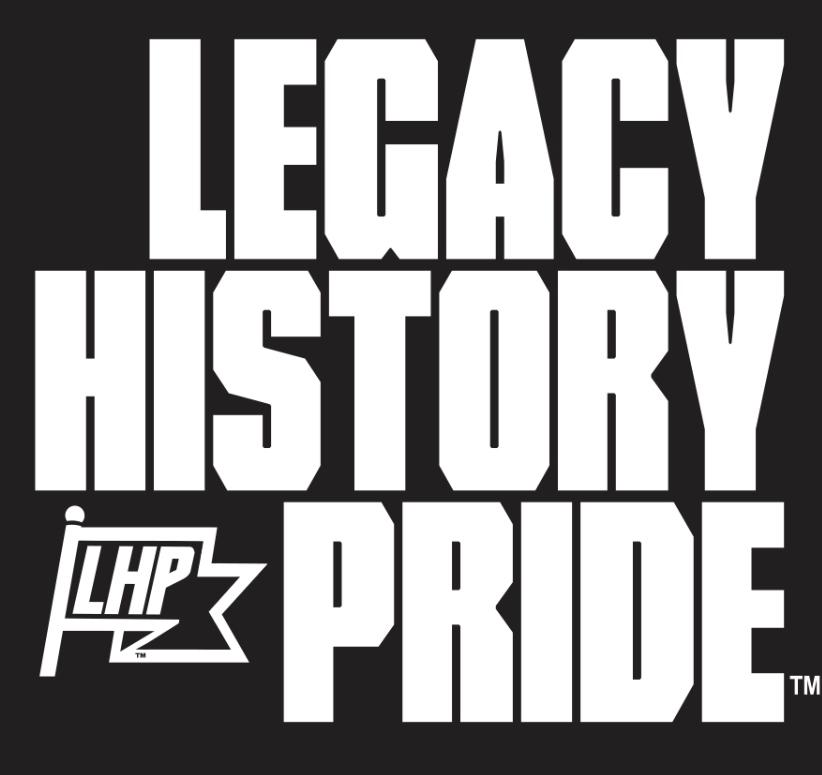HBCU Football

Of all of the sports at the collegiate level, football remains a crowning jewel. By fostering community on campus, raising funds and motivating schools towards success, this sport has been a driving force for many HBCUs. Since the 19th century, HBCU football has continued to shape what the NFL looks like today.
It was December 27th, 1892. With funds put together to purchase an authentic football, and female Livingstone students from the industrial department stitching together uniforms, the first black intercollegiate football game was played between Biddle College—now Johnson C. Smith University—and Livingstone College. This initial game helped to form what football would look like from then on. The NFL has a tumultuous past due to its segregation history. Between 1933 and 1946, there were no black athletes in the league. That's because Washington Redskins owner George Preston Marshall is said to have influenced other owners to impose a racial barrier. This came to the attention of the Kennedy administration, and the Washington Football Team (formerly the Redskins) were almost removed from their stadium altogether. After 1946, this segregationist policy died.
Kenny Washington helped break down this color barrier when he signed with the Los Angeles Rams in 1946. 1949 ushered in another racial achievement when George Taliaferro became the first African American to be drafted into the NFL. The Chicago Bears drafted him in the 13th round, but in the end, Taliaferro couldn't accept the deal—he had signed with the Los Angeles Dons just a week earlier. He closed his football career with the Philadelphia Eagles in 1955. The difference between the two athletes was Washington was never drafted—he signed directly onto the team.
Now, black athletes have become a large percentage of the NFL with many hailing from HBCUs. There were many HBCU football greats that left their mark on the sport, including Hugh Douglas, Jerry Rice, Nick Collins, Ben Coates, Robert Mathis, Michael Strahan, and Walter Payton. Every year, HBCU athletes are drafted into the NFL to forge their paths. These players have all made their professional debuts recently:
South Carolina State's Jalen Simmons (New York Giants)
North Carolina Central University's Ryan Smith (Tampa Bay Buccaneers)
South Carolina State's Javon Hargrave (Pittsburgh Steelers)
NC A&T's Tarik Cohen (Chicago Bears)
Grambling State's Martez Carter (Washington Redskins)
The NFL itself has created a handful of programs for HBCU students, including Campus Connection and Strength of HBCUs, Impacting Pro Football Since 1948. Campus Connection works to prepare HBCU students for potential careers in the professional football industry. Strength of HBCUs is paired up with the MEAC, SWAC, SIACC, and CIAA to celebrate HBCUs and their impact on the game of football. This program is designed to increase career opportunities for students and athletic administration, and to provide access to internships, career forums, and other programs. The goal is to give students the tools needed to advance into the professional football administration. The NFL-Rhoden Fellows program offers a one-year training experience for undergrad students pursuing sports journalism. Despite recent protests and demands for change, the NFL seems to be keeping its bond with HBCUs strong and respectful.
In 2009, the Black College Football Hall of Fame (BCFHOF) was founded by NFL quarterbacks James Harris and Doug Williams. Williams was the first African American quarterback to win a Superbowl; plus, he was a Grambling alum! BCFHOF has inducted 64 members thus far. In 2016, the Pro Football Hall of Fame and the BCFHOF partnered on a permanent location for the institution in Canton, Ohio. According to the NFL, the institution "preserves the history and honors the greatest players, coaches, and contributors from HBCUs".
There is no better place to rep your HBCU gear than at football games, and LegacyHistoryPride has the apparel you need! From stylish HBCU t-shirts and hats to crewnecks and jackets, we've got the unique look you want to be seen in. If you have any questions about our HBCU apparel line or would like to see your school in our offerings, please contact us.

